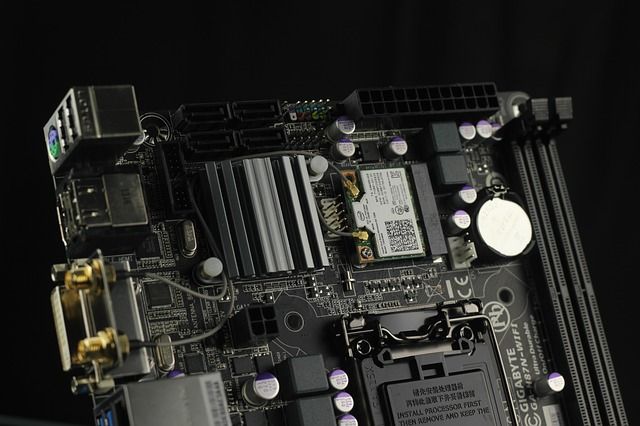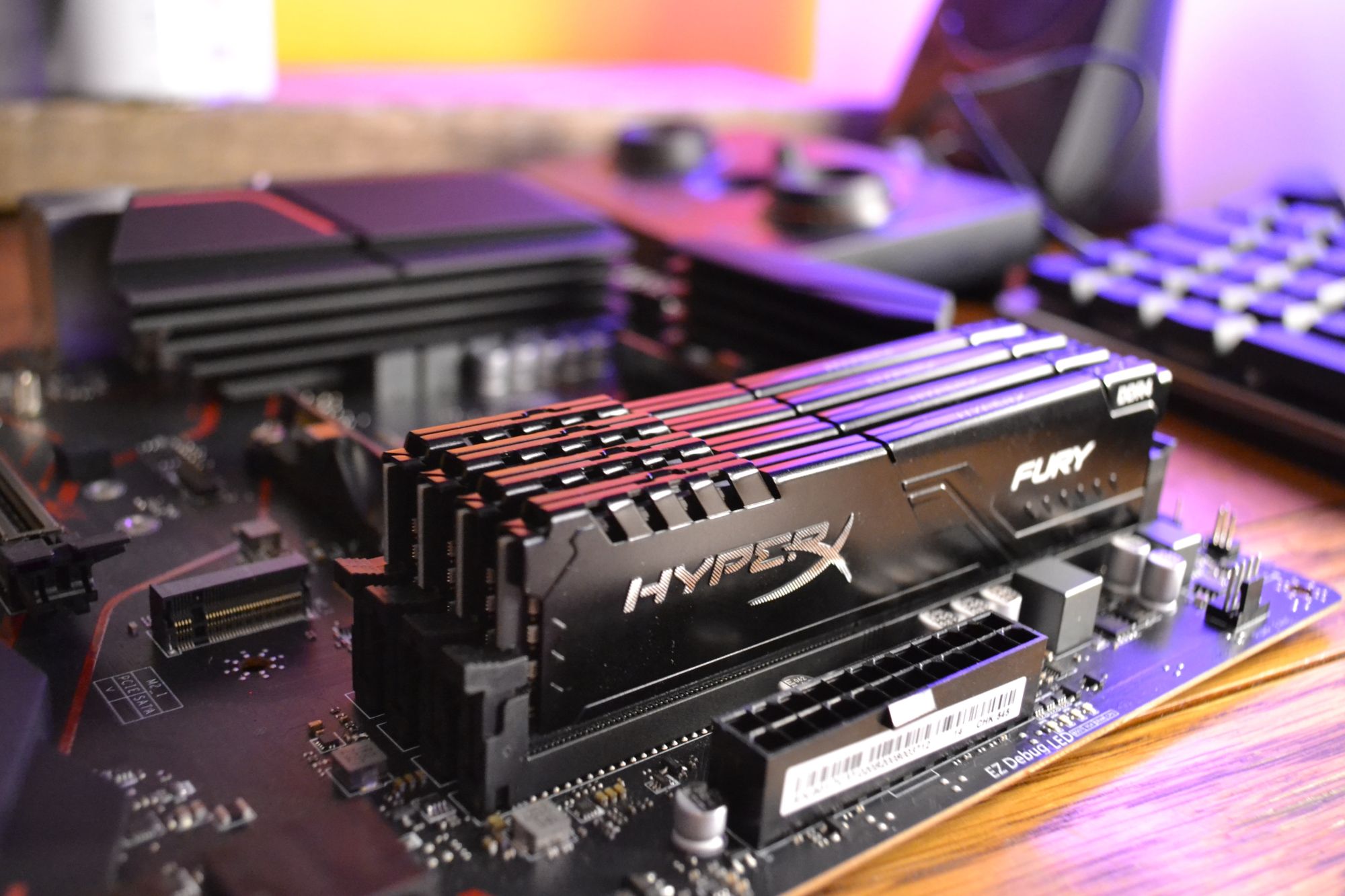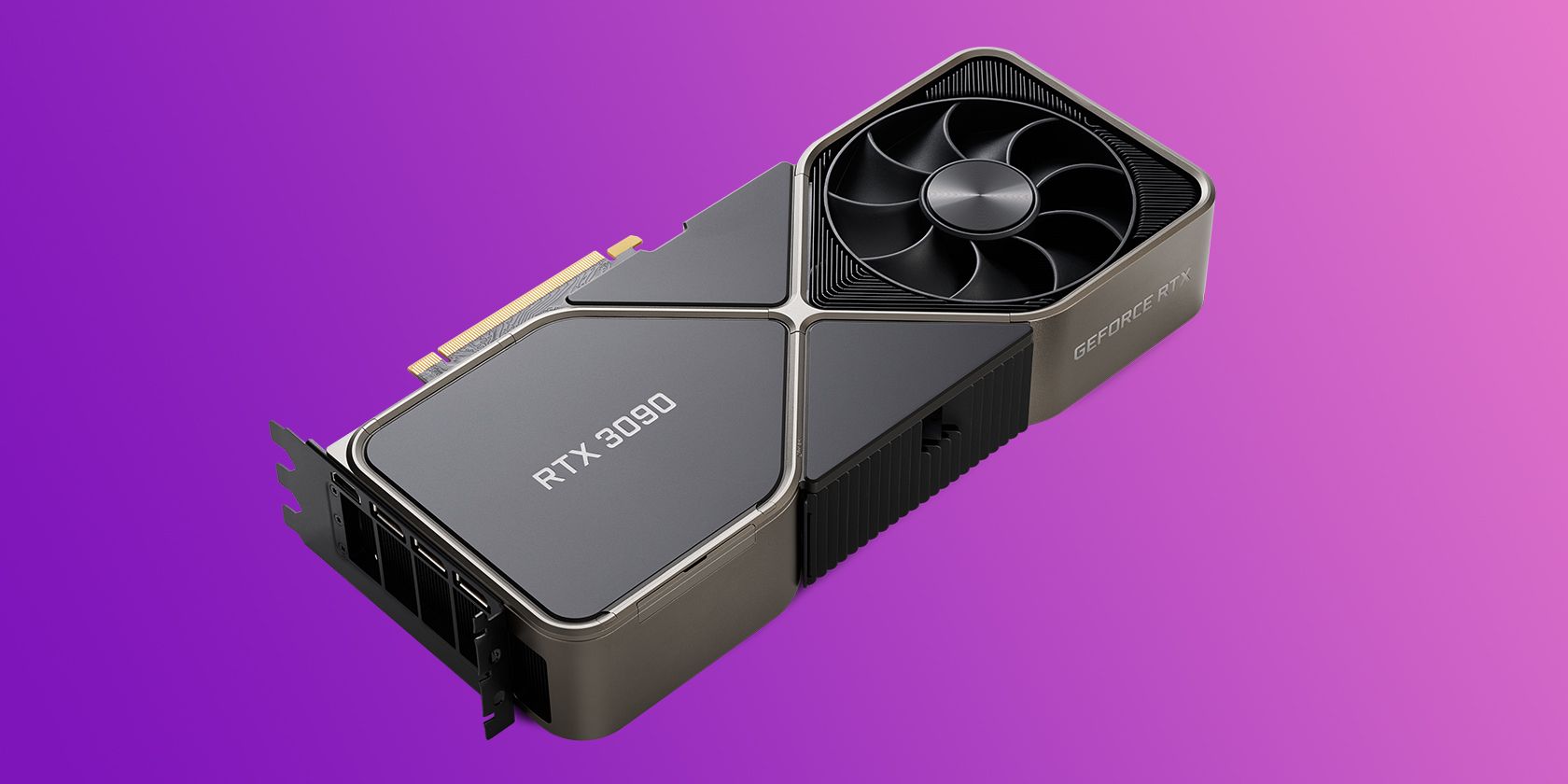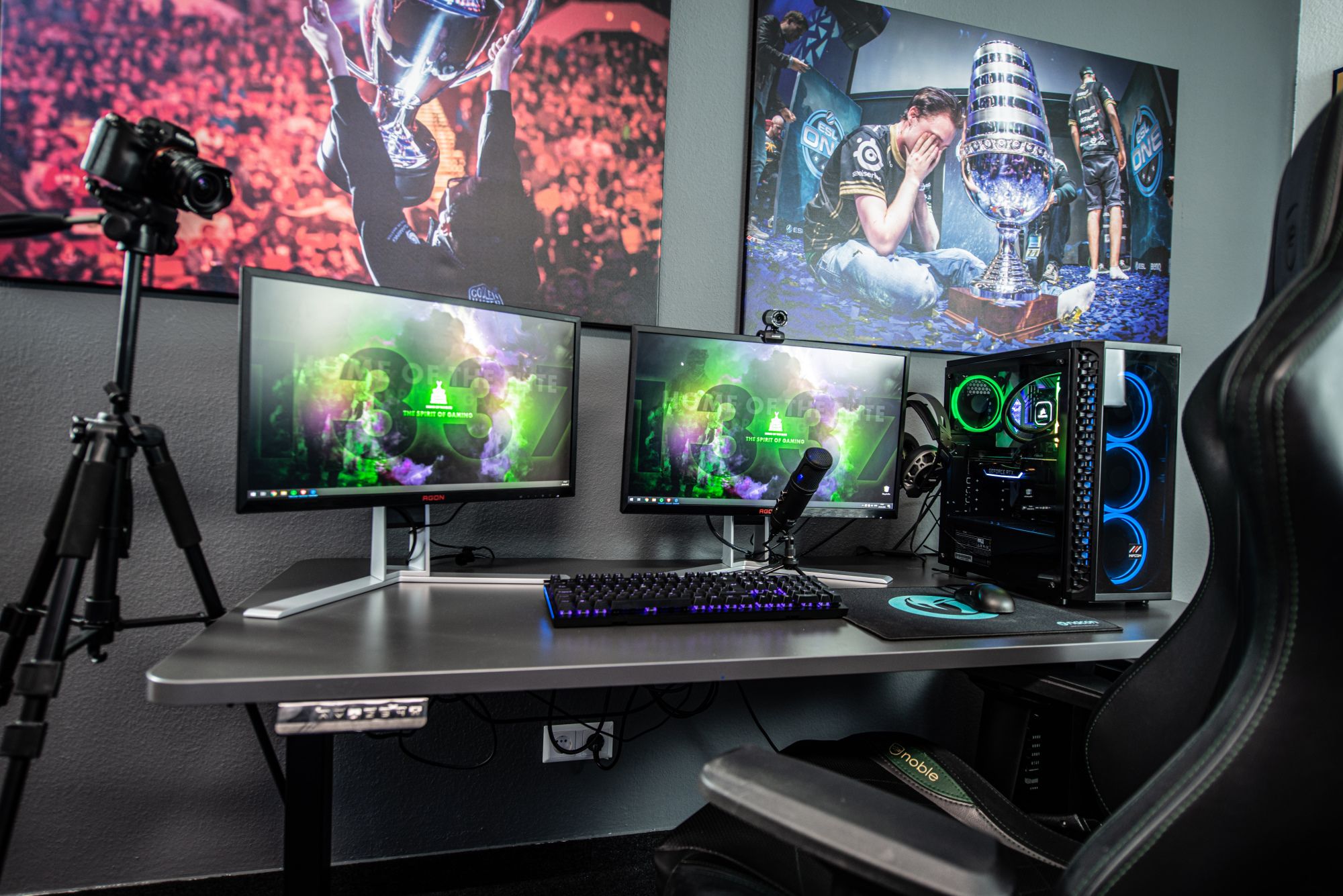How to Read Future Proof Your Pc
Future-proofing is a common term when talking about computers. It simply refers to making sure your PC will exist able to adapt to new developments years down the road.
If yous're buying a new PC or building 1, you desire to know that information technology's not going to get outdated anytime soon, correct?
Merely is it really worth the effort and cost to futurity-proof a PC? Considering the rapid pace of modify in the engineering world, tin you actually hereafter-proof a estimator? Or is information technology better to simply supercede your old PC every bit information technology wears out?
Hither'due south why you may desire to think over again earlier trying to hereafter-proof your PC.
1. Not Everyone Needs Future-Proofing
The bones logic behind hereafter-proofing is this: a PC you buy now volition nevertheless be able to run programs simply as smoothly and efficiently—and exist compatible with new technologies—a few years down the line without needing whatever upgrades or replacements.
Of form, this is open to a lot of interpretation.

First, the programs you run. A PC is more likely to stay hereafter-proof if all you lot do is browse the spider web, lookout some videos, and piece of work on Microsoft Office. However, an older PC may take trouble running new games at the best possible graphics settings or multiple operating systems simultaneously.
Second, "new technologies" is a vague term. Not that long agone, Wi-Fi 802.11ac and USB 3.ane were the best you could go. Simply things move on fast, and now new technologies like Wi-Fi 6E and USB-C are the kind of features you'll exist looking out for. It's simply impossible to predict what the new standards volition be in a few years.
Long story short, time to come-proofing is unnecessary if:
- You're fine with playing newer games at sub-optimal settings.
- You mostly apply your PC for spider web browsing, e-mail, function work, and movies.
- You lot don't care nearly having "the latest and greatest."
You may non even need a powerful PC in the future. With the ascension of cloud gaming services and even cloud-based Windows PCs, any PC with a web browser could be all y'all demand.
ii. Well-nigh Warranties Can't Proceed Up
If you're spending a lot on a top-of-the-line system, and so most future-proof builds are expected to last four years or more—merely that menstruation is longer than what your warranties will comprehend, and figurer parts will certainly fail.
Motherboards, processors, and graphics cards are the three nearly expensive parts of the average computer. Yet, Intel, AMD, Nvidia, and their major partners only offer warranties upwards to three years max. If your expensive PC parts go incorrect and you were planning to have them for a long fourth dimension, that'southward going to be upsetting.

The other major expenditure is the power supply unit (PSU). Depending on the model, you tin get a warranty of up to seven years, but those are usually only for height-of-the-line PSUs.
Funnily plenty, the things you can upgrade most easily and near affordably are covered for a longer time past warranties. Difficult drives and RAM, for instance, are commonly covered past three to v years of warranty, but these are fabricated obsolete so quickly that they aren't prime number components for future-proofing.
3. Engineering Has By and large Peaked
In some ways, processor engineering science has peaked. Unless you're running a server or setting up virtual machines, you don't really demand that actress horsepower anymore.
Processor upgrades used to be more than of import, only when considering which upgrades will requite your PC the best performance boost, they aren't usually such a priority anymore. If you're doing a major upgrade, like jumping from an older Intel Core i3 to a blazing fast mod Cadre i7, then it's more probable to be worth information technology. But with smaller upgrades, you may not run across a big boost from irresolute your chip.

Things are like in the RAM department. The baseline for RAM is 8GB, and you volition see significant improvements with 16GB. At that place'south little point in having more than than 32GB of RAM, though. You aren't going to see much improvement in real-world performance. Again, the just exception is when running virtual machines or editing 4K or 8K video.
According to the current trend, manufacturers are making technology more power-efficient so that laptops concluding longer and PCs can draw less power. As a effect, concepts similar Moore's Law have run their course.
iv. Future-Proofing Doesn't Always Work

By its very nature, future-proofing depends on trying to predict the future. That'due south ever going to be a risk—and that ways there's a practiced adventure any effort to time to come-proof a PC won't pan out.
Equally your PC gets older, games might still run okay, for example, but they probably won't run every bit well as they did initially. You'll likely find you can't play using the all-time visual settings anymore.
Graphics cards, especially, are upgraded near oftentimes. If y'all're a PC gamer, and then your graphics carte du jour is not going to stay relevant for four years if you desire country-of-the-art visuals, so periodic upgrades are ameliorate than future-proofing.
If you lot're willing to overclock your graphics card and other components, future-proofing might work better. But you demand to know what you're doing, and you demand to have the risks that come up with overclocking. You might also exist voiding your warranties by overclocking.
Some components will last you a long fourth dimension, though. High-end PSUs and computer cases can last for many years, well beyond their warranties. In fact, many future-proofers can get two or three dissimilar builds out of their PSUs and cases.
5. Future-Proofing Isn't Toll-Efficient

Old hardware is just one of the possible reasons that your estimator is running slow. If yous're buying a new PC and you deck it out with top-of-the-line specifications, at that place'southward no guarantee it won't wearisome down in the hereafter.
Like the aforementioned advice nearly graphics cards, upgrading periodically is better than binging the first time. Instead of ownership across your needs "just in case," the wiser choice is to buy a arrangement that meets your needs right at present and save the residuum of what y'all would've spent. Invest that money to buy stuff when you can get the best bargain for it, from depression-cost PC component stores.
Judging past how things accept developed in the past, y'all'll get more value for money past what you need at present, rather than trying to time to come-proof your calculator.
Why You Cannot Future Proof Your PC
Instead of spending big bucks trying to make a PC last forever, rolling upgrades are usually a amend thought. Keep your PC up to engagement every bit you go forth, changing components here and there as you need to. That volition help you to get the well-nigh life and use out of your computer.
At some point, you'll find your PC is no longer worth the cost or effort trying to upgrade anymore. When that fourth dimension comes, you can buy or build a new one. That doesn't mean your old estimator is useless, though—there are plenty of ways y'all tin put an old PC to utilise. So in that sense, all PCs have some kind of future-proofing congenital right in whatever manner.
Virtually The AuthorSource: https://www.makeuseof.com/tag/5-reasons-shouldnt-future-proof-pc/

Post a Comment for "How to Read Future Proof Your Pc"